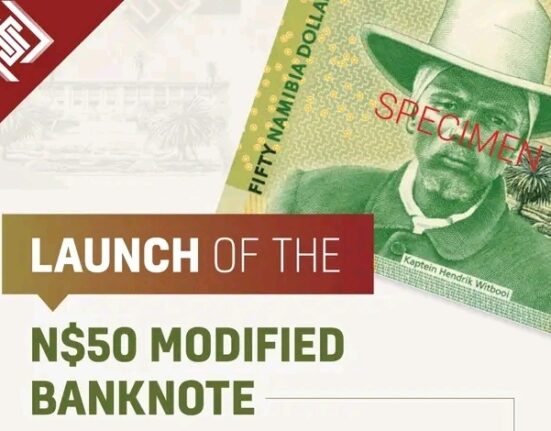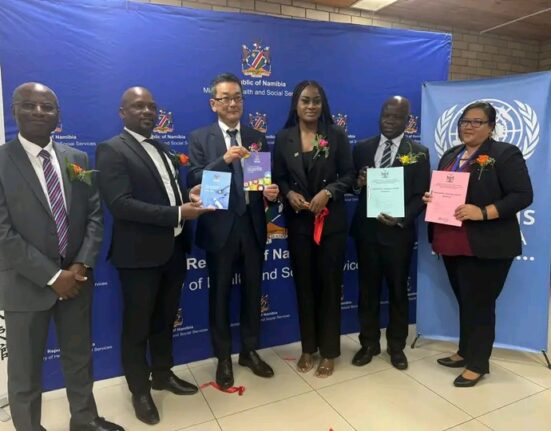Kuaima Riruako, a dynamic and influential leader, was not only the paramount chief of the Herero people but also a key figure in Namibian politics. Known for his relentless advocacy for justice, reparations, and recognition of Namibia’s historical struggles, Riruako left a lasting impact on the nation’s political and social landscape. This article explores his life, leadership, and contributions to Namibia’s post-colonial identity.
Early Life and Background
Born on April 24, 1935, in Otjohorongo, Namibia, Kuaima Riruako grew up in a time when Namibia was under South African rule. The hardships of colonialism and apartheid deeply shaped his perspective and inspired his commitment to the Herero people’s cause.
Riruako pursued education locally and abroad, becoming well-versed in politics, history, and diplomacy. His ability to merge traditional leadership with modern political strategies would later define his tenure as a leader.
Rise to Herero Leadership
In 1978, Kuaima Riruako was appointed as the paramount chief of the Herero people. As a traditional leader, he worked to preserve the cultural heritage of the Herero while addressing contemporary challenges facing his community. His leadership extended beyond cultural affairs, encompassing political advocacy on national and international platforms.
Advocate for Reparations
One of Riruako’s most notable achievements was his tireless campaign for reparations from Germany for the atrocities committed during the Herero and Nama genocide of 1904–1908. The genocide, orchestrated under German colonial rule, resulted in the deaths of tens of thousands of Herero and Nama people.
In 2001, Riruako filed a lawsuit in a U.S. court against the German government and corporations that had benefited from colonial exploitation. While the case faced legal hurdles, it brought global attention to the genocide and the ongoing struggle for justice.
Riruako’s advocacy paved the way for continued dialogue between Namibia and Germany, ultimately contributing to Germany’s 2021 acknowledgment of the genocide and the announcement of a financial agreement aimed at reconciliation.
Political Contributions
Beyond traditional leadership, Riruako played a pivotal role in Namibian politics. He was a founding member of the National Unity Democratic Organization (NUDO), a political party representing the interests of the Herero and other marginalized groups.
Riruako served as a Member of Parliament, where he passionately advocated for land reform, cultural preservation, and equitable development. His speeches often emphasized the importance of addressing historical injustices to build a united and prosperous Namibia.
Challenges and Controversies
Like many leaders, Riruako faced criticism during his career. Some questioned his political strategies, while others debated his approach to reparations and land reform. Despite these challenges, his dedication to the Herero people’s cause remained unwavering.
Legacy and Recognition
Kuaima Riruako passed away on June 2, 2014, but his legacy as a champion for justice and cultural preservation lives on.
- National Recognition: Riruako was honored with a state funeral, reflecting his significant contributions to Namibia’s political and cultural landscape.
- Herero Unity: Under his leadership, the Herero people strengthened their collective identity and voice in national affairs.
- Inspiration for Advocacy: Riruako’s work on reparations continues to inspire movements for historical justice worldwide.
Kuaima Riruako was more than a traditional chief; he was a visionary leader who bridged the gap between cultural heritage and modern politics. His tireless efforts to seek justice for the Herero people and his contributions to Namibian politics make him a pivotal figure in the nation’s history.
As Namibia continues to address the legacies of colonialism and apartheid, Riruako’s leadership serves as a reminder of the power of resilience, unity, and advocacy in shaping a brighter future.













